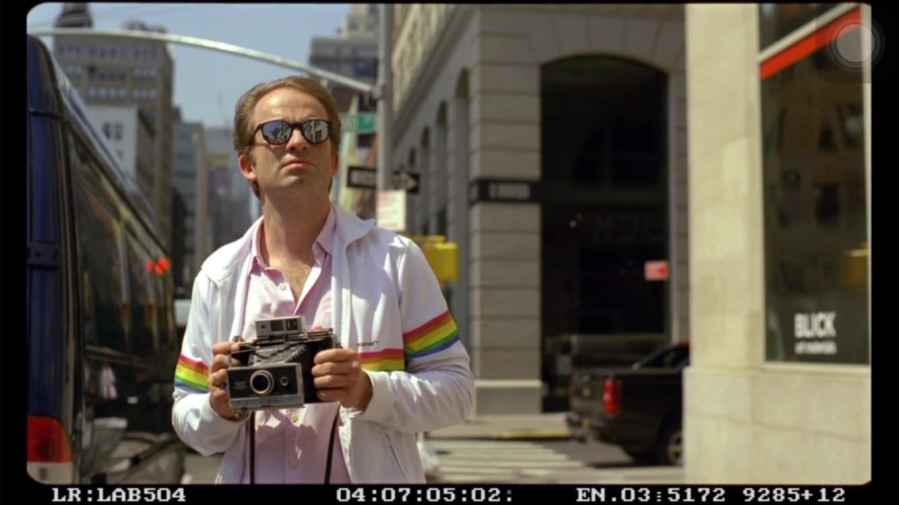You might not have heard of Florian ‘Doc’ Kaps, an Austrian entrepreneur and lover of all things analogue, but without Doc and his colleagues, Polaroid film as we know and love it would have disappeared. Doc risked his career and money to save the world’s last Polaroid factory in 2008, helping to set up The Impossible Project. Things have now come full circle, with the Polaroid brand fully revived, but Doc is no longer involved.
A new movie, An Impossible Project, tells the story of how Doc moved heaven and earth to save Polaroid. We caught up with Doc for a chat, and to find out more about this larger than life character.
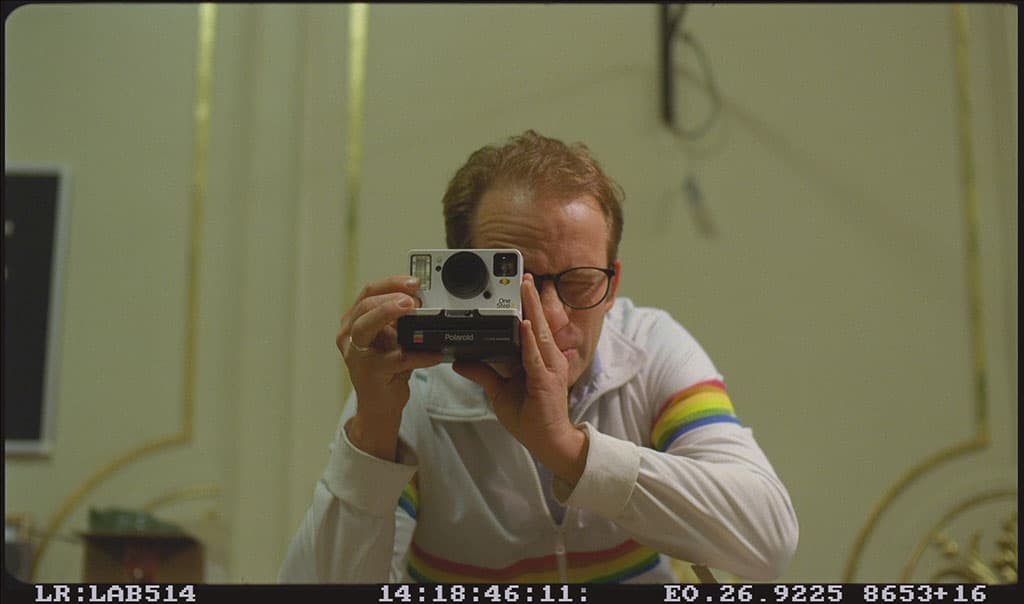
No ordinary businessman, no ordinary movie… ‘Doc’ Kaps plays himself
You trained as a biologist. How long have you been interested in photography, and specifically analogue photography?
It kind of happened by accident. It was not easy to find a job as a biologist and after a long period of time, I ended up working for The Lomographic Society (Lomography) in 2001, helping to build their online community. During this time the digital imaging revolution was in full swing, but I had fallen in love with analogue photography.
So had you been a keen photographer in your youth?
When I was younger I had a 35mm film camera and knew about Polaroid, but it was really during my biology studies that I came across a lot of analogue photography. But you would never have called me a passionate analogue photographer.
Why did you decide to try and save the last Polaroid factory?
It was not really a decision, it was more like a no brainer… at that point, there was already a global community of young people that had started to discover analogue photography. So when the chance came to take on the factory, which nobody else wanted, I simply had to do it.
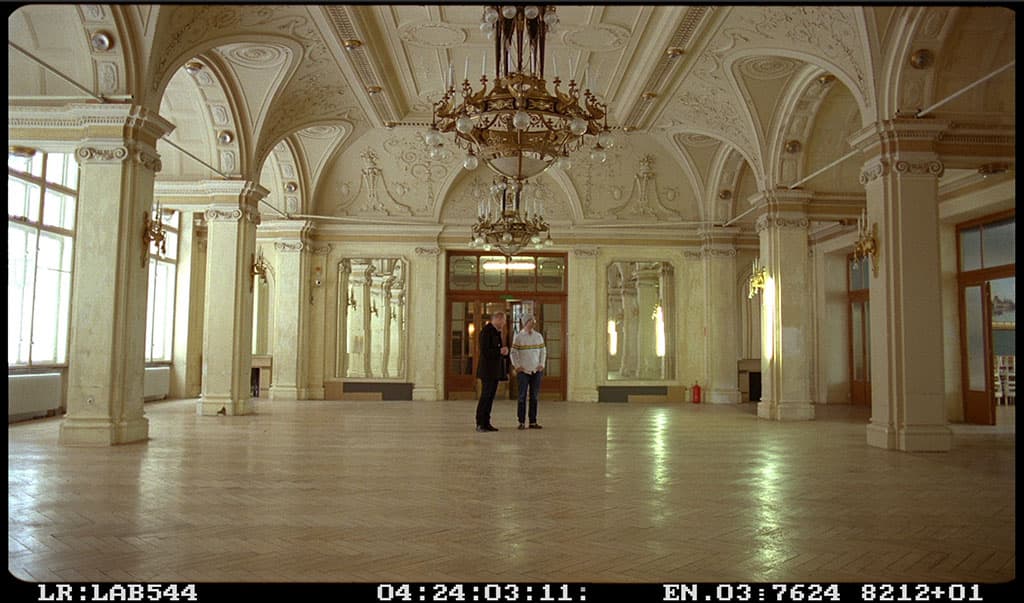
The movie was filmed using analogue technology, with an analogue score
We understand you lost almost all your money (and sanity) trying to keep the factory going. What was the worst moment, and did you feel like giving up?
For quite a long period I felt like giving up every single morning! I started out with a small budget, without knowing sh** about the complexity of polaroid photography. It turned out to be the most complicated chemical system ever invented by mankind (laughs).
The worst moment probably came after two years. We restarted the machines and had our own production line. The black and white pictures looked amazing, but after a couple of days, the prints proved to be unstable and the images started disappearing. Everything worked out OK but looking back it really was a disaster.
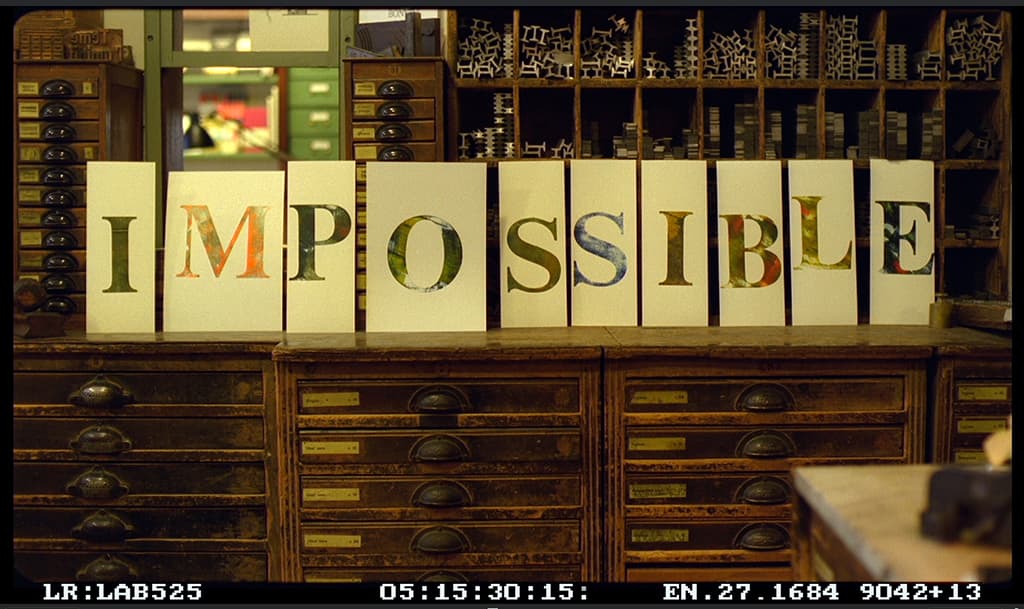
How many jobs were you able to save?
It was crazy because everybody at the factory had already been fired. So we had to try and persuade 10 of the most important people not to go into retirement. By the time my involvement with the factory ended, there were 120 people there, creating a popular product, which makes me very proud.
Why did you decide to end your involvement with the Impossible Project and Polaroid?
Two reasons. Eventually, professional investors got involved and the company wanted to expand and grow, to become more international and more serious. A lot of the fun and crazy times and creativity were disappearing, so I felt it was time to move on.
Second, I’d become involved in other analogue projects that needed more of my attention – again, to do with interesting analogue technology that was disappearing in the digital age because of short-sighted management. I got involved with vinyl records for example and was able to spend more time at home after being on the road for years. I also opened a restaurant… I was never a professional photographer, remember.
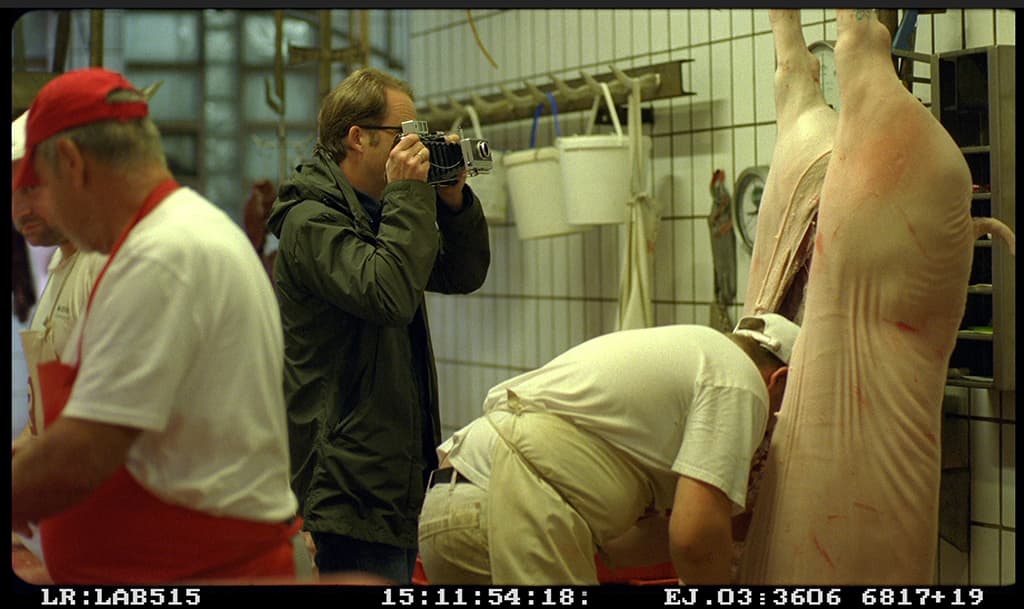
At times, the project really was a pig, recalls Doc
Do you think the ‘analogue revival’ – for both photography and music/vinyl – will grow and grow, or will it remain a small sideshow compared to digital?
In fact, digital is still a small niche compared to analogue in many ways… Online shopping has grown very fast but still, traditional ‘analogue’ trading is the norm, or at least it was before the pandemic. So I believe the ‘power’ of digital is actually overrated.
Far from killing analogue technology in photography or music, digital has given analogue a chance to reposition itself – and to get us all thinking of how the very best of digital can be combined with analogue. With everyone stuck in front of screens owing to the virus lockdowns, I think we are all longing for a bit of analogue reality. I hope in the future analogue and digital technology will work together, rather than being in some kind of fight.
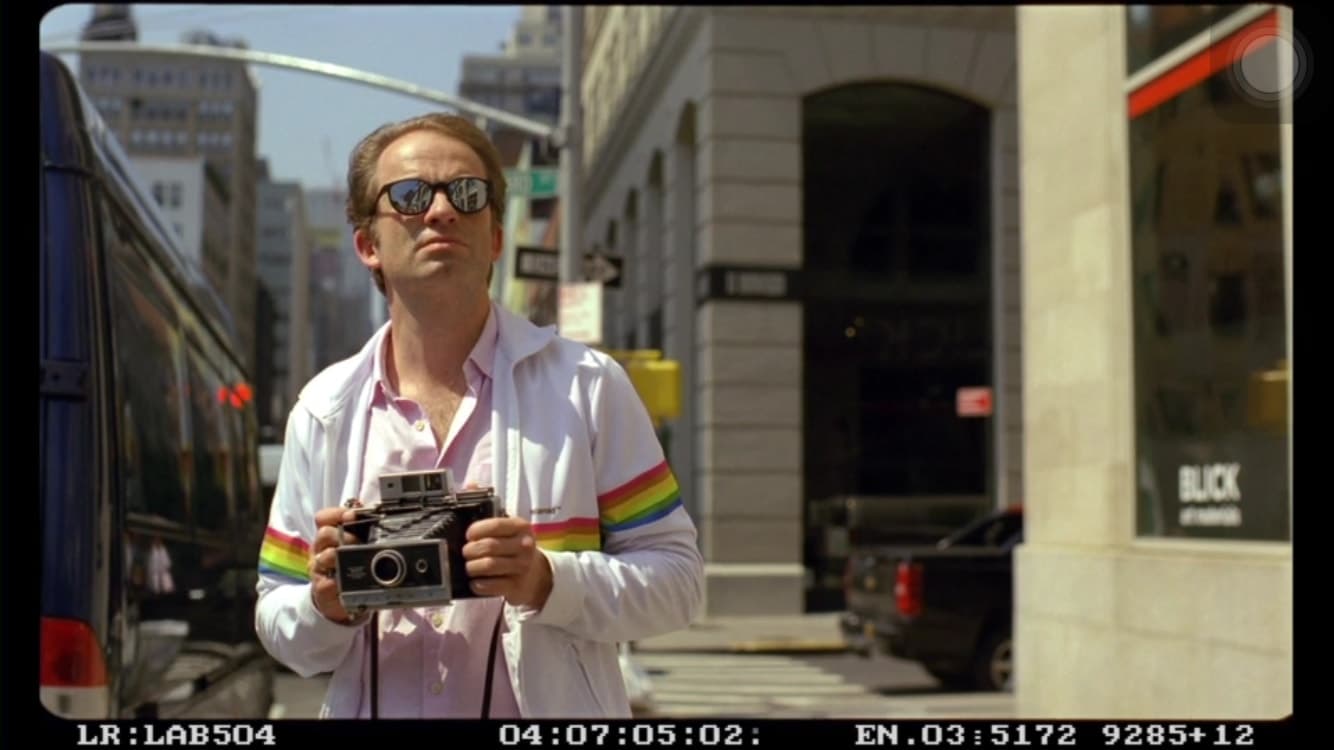
The premiere of An Impossible Project takes place on March 1st on the virtual cinema platform, YourScreen. It will then be available on other digital platforms from March 15th, before being released in cinemas at a later date.

